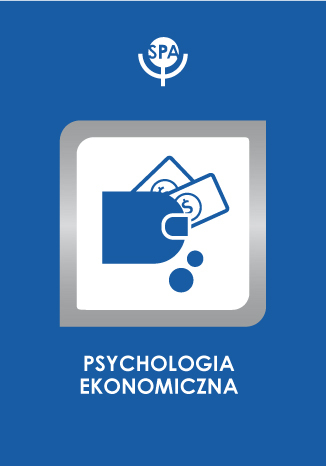Nabywanie i konsumpcja w perspektywie samoregulacji – kompensacja i ucieczka?

Anna Maria Zawadzka
DOI:
Rocznik: 2008 Tom: 14 Numer: 2
Strony: 265-274
Purchase and consumption in the light of self-regulation – compensation and escape form self-awareness? This paper deals with the function of purchase and consumption in the self-regulation process. Two studies were carried out (N1=122, N2=141). The first study analysed the influence of self-threat (failure) on the type and amount of declared expenditure. The second study examined the relationship between the self-awareness condition and the influence of self-threat on the type and number of declared expenditure. ANOVA indicated there is an influence of moral failure on the amount of declared expenditure on material goods (study 1) and there is a relationship between self-awareness and the influence of moral failure on the number of hedonic expenditure (study 2). In conclusion, people whose behaviour is not in accordance with moral rules may compensate this by purchasing material goods and escape from self-awareness to hedonic consumption.









 Pobierz pełny tekst
Pobierz pełny tekst



